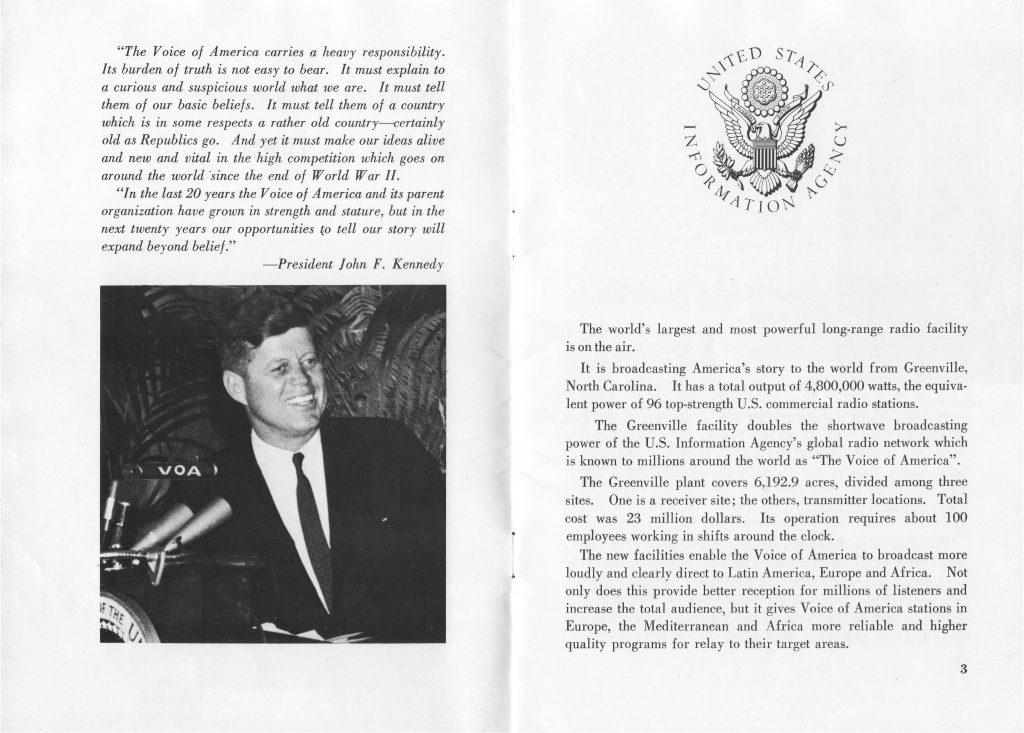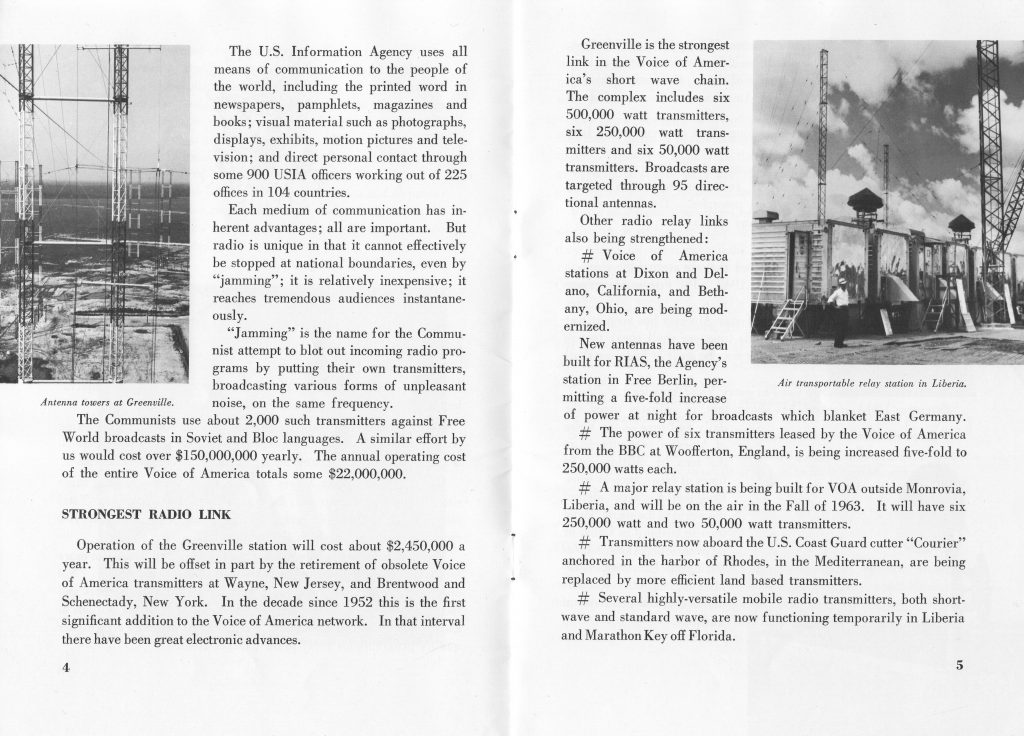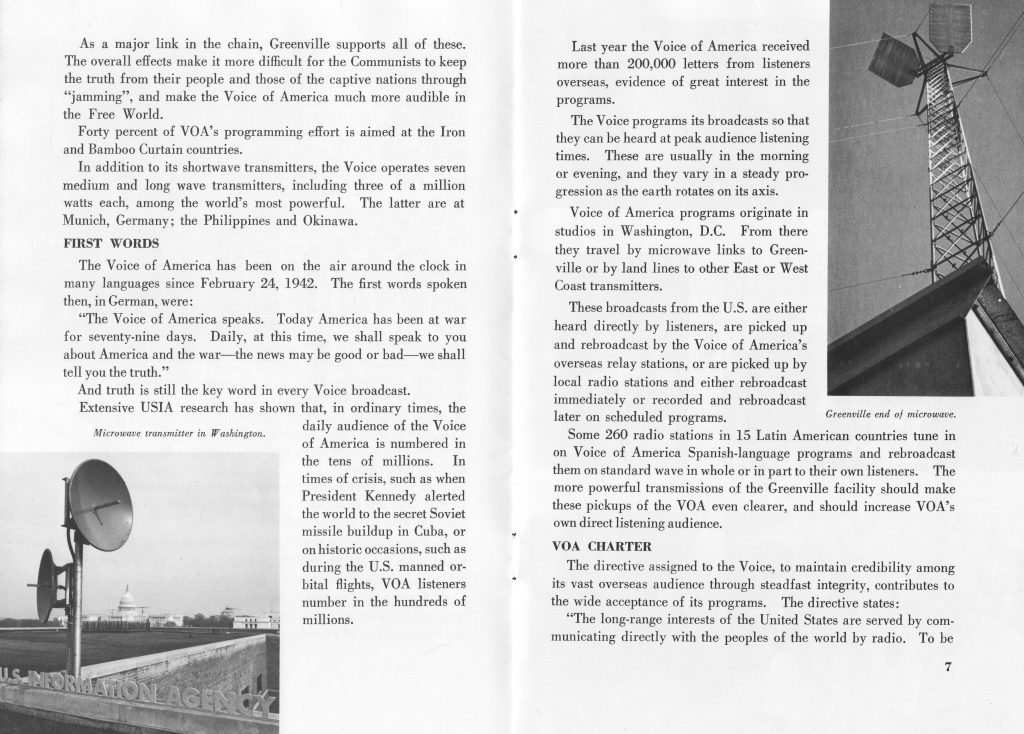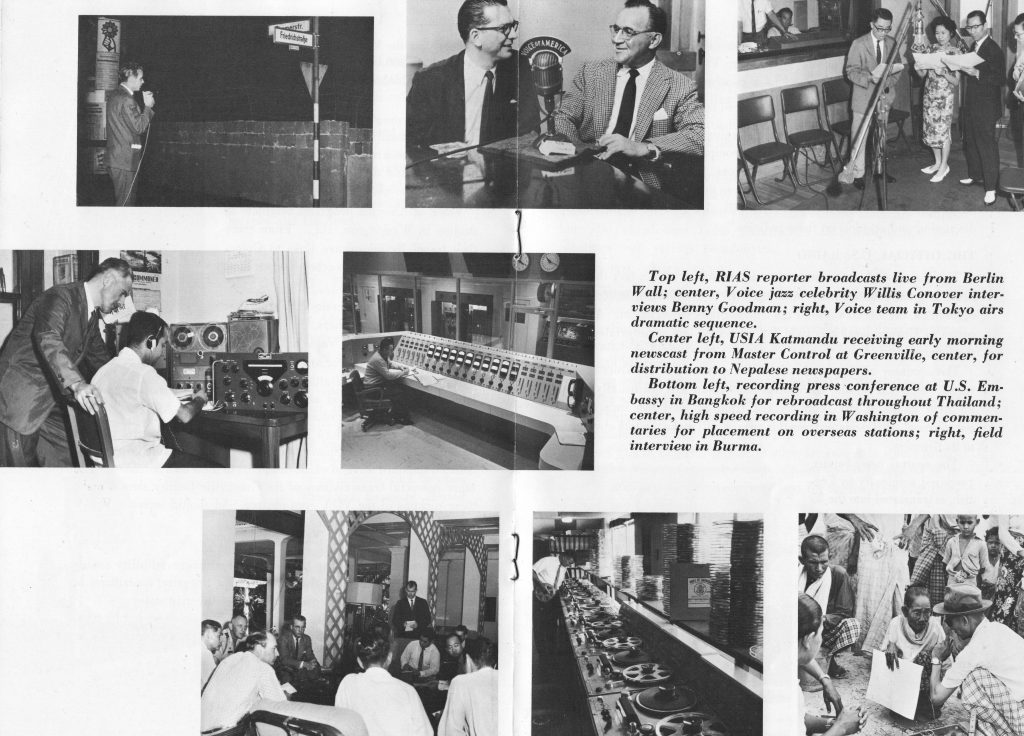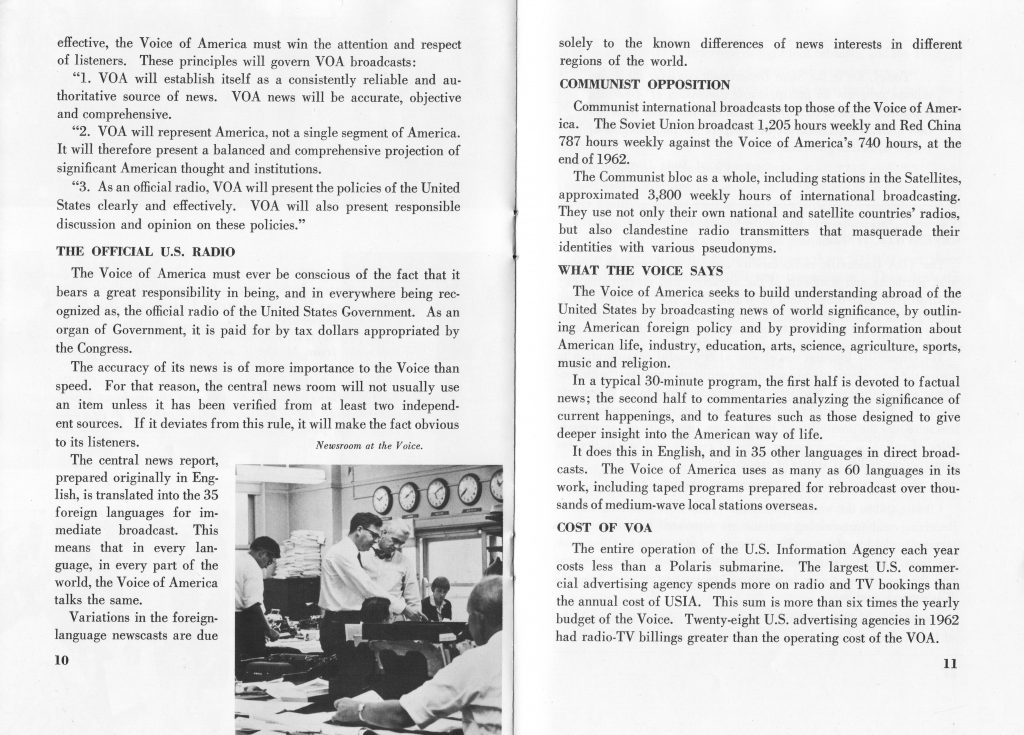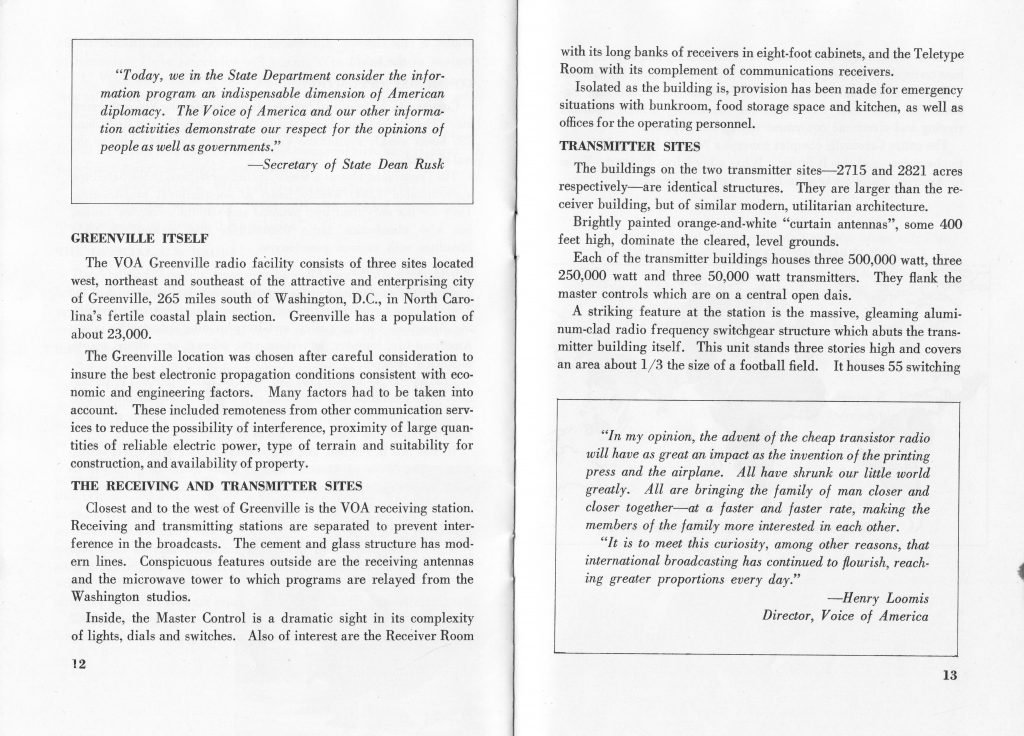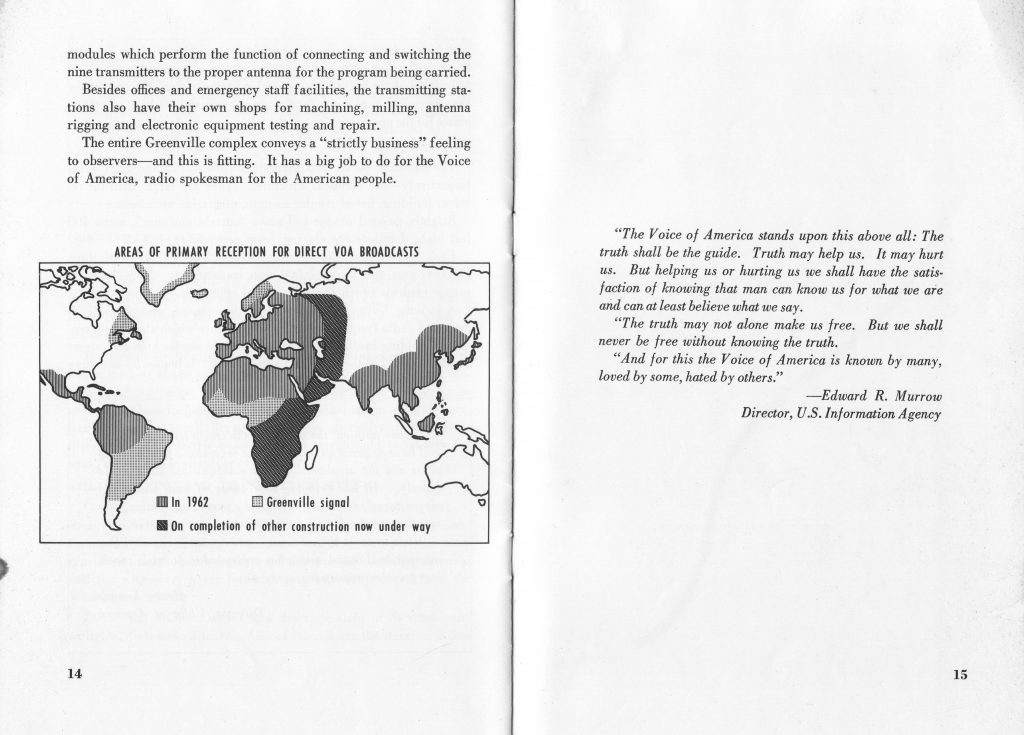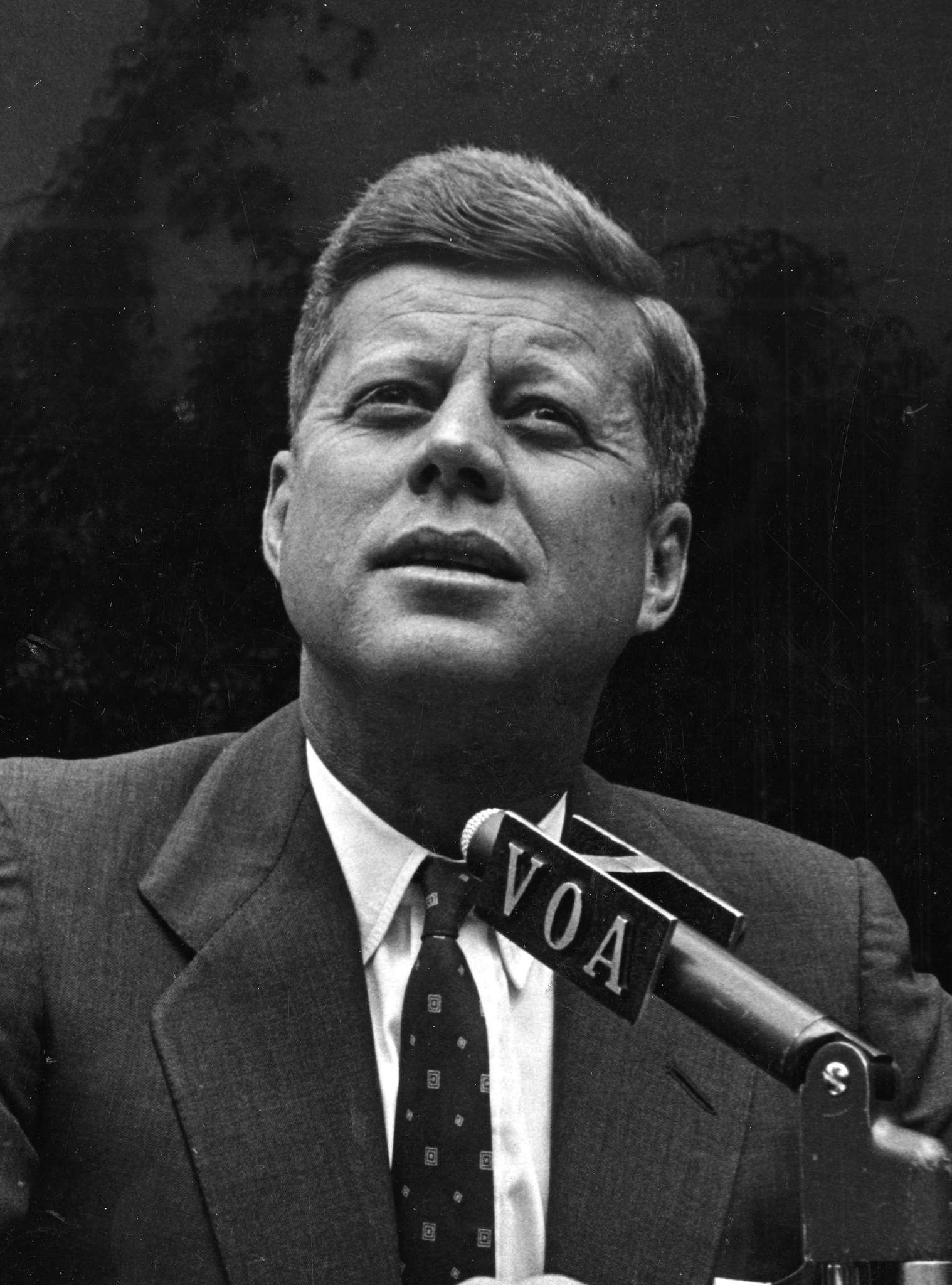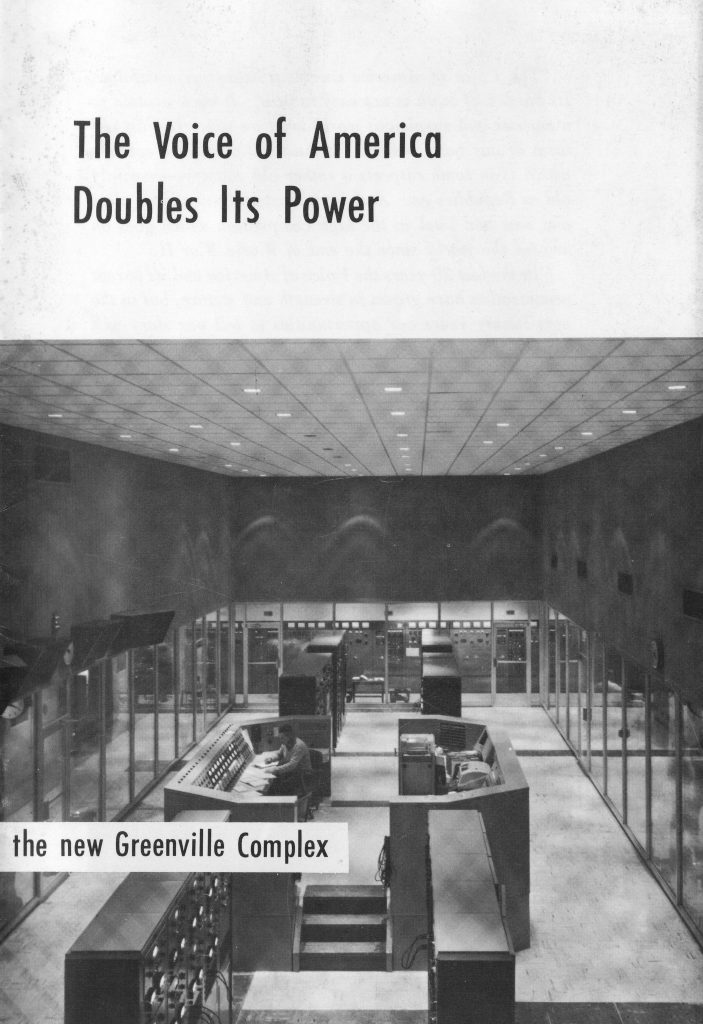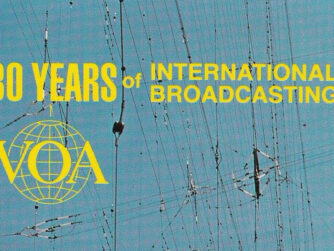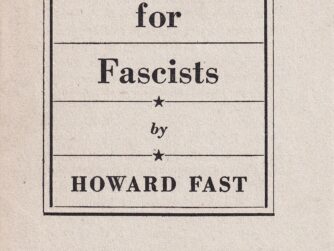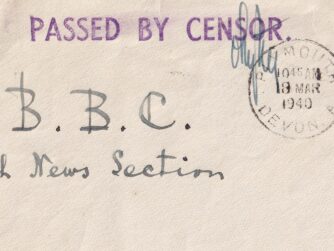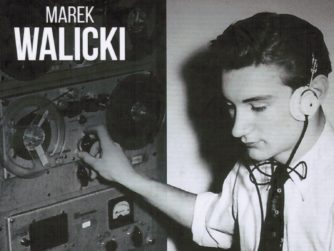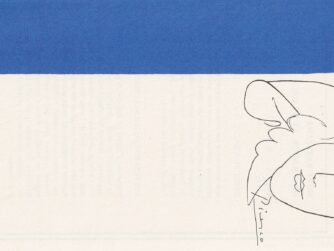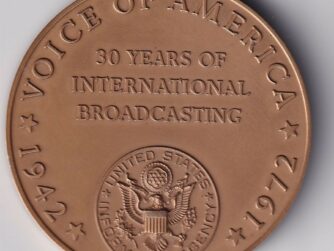THE OFFICIAL U.S. RADIO
The Voice of America must ever be conscious of the fact that it bears a great responsibility in being, and in everywhere being recognized as, the official radio of the United States Government. As an organ of Government, it is paid for by tax dollars appropriated by the Congress.
The Voice of America Doubles Its Power: the new Greenville Complex, the United States Information Agency (USIA) promotional booklet published in the early 1960s when Edward R. Murrow served as USIA Director.

During the presidency of John F. Kennedy, the Voice of America (VOA) was an important U.S. government tool in the Cold War with the Soviet Union, Red China, and international Communism. Unlike today, with digital media and instant internet communications available at practically no cost, during the Cold War, transnational delivery of news via shortwave and medium-wave radio was the only way of reaching a large foreign audience and was mostly handled by governments. With equipment and transmission costs being quite high and with obstacles to selling advertising time, there was no profit in commercial international broadcasting, but the near-total government monopoly in connecting with foreign audiences ended with the advent of satellite television and the internet.
While the United States still provided news programs to countries behind the iron and bamboo curtains, the serious business of the Voice of America being the official U.S. government radio station for international audiences was made clear in a booklet published during that time by the United States Information Agency (USIA). The taxpayer-funded VOA operated under the USIA’s umbrella and management since 1953. Before that, VOA was part of the World War II Office of War Information (OWI), which reported directly to the White House. Then, from 1945 until 1953, VOA broadcasts were under the direct control of the State Department. The role of diplomacy in VOA broadcasts, however, did not end when VOA was moved from the State Department to the United States Information Agency. USIA’s diplomats occupied some of the key VOA management positions. USIA Director in 1962 was the famous and highly respected American journalist Edward R. Murrow.
The difference between VOA then and now is quite striking. In the 1960s, VOA was one of the few Western sources of uncensored news in the Soviet Bloc. When Edward R. Murrow, who was appointed by President Kennedy, was at the helm of USIA, it would have been inconceivable for the Voice of America to broadcast a program glorifying Joseph Stalin or Mao Zedong after their deaths or presenting to their audience anything resembling a graphic produced and posted by the VOA Spanish Service in 2016 after the death of the Cuban communist dictator Fidel Castro.
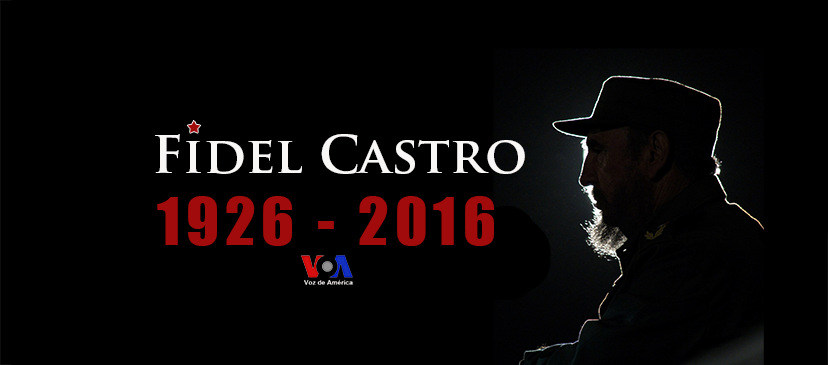
In 1962, the Voice of America would have never displayed a map showing that Lithuania, Latvia, and Estonia were incorporated into and part of the Soviet Union. But in 2014, VOA did post a map, in which Crimea was shown to be in Russia, even though the U.S. government, which funds VOA, did not recognize Crimean as being part of Russia or a separate territory.
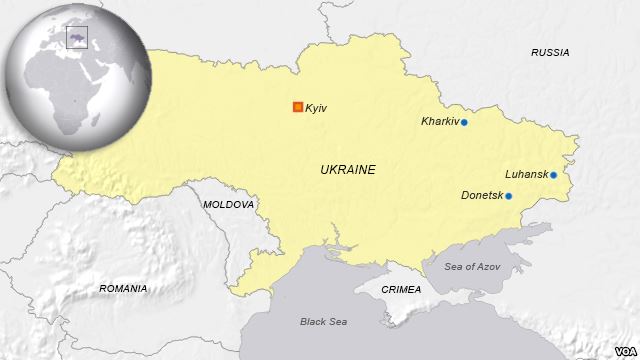
In 2014 and in 2016, the Voice of America was part of the Broadcasting Board of Governors (BBG), an agency established after the abolition of USIA in 1999 and renamed the U.S. Agency for Global Media (USAGM) in 2018. Some of the presidentially-appointed and Senate-confirmed BBG Board members were doing corporate or personal business in Russia and China while overseeing the U.S. government-funded broadcasts to these countries, and the family of a VOA director had business interests in China. This would have been unthinkable during the Cold War. Also, in recent years, VOA employed a few former Russian state media broadcasters with a history of anti-American propaganda–something inconceivable during the Cold War.
In the 1960s, the serious business of Voice of America radio broadcasting meant strict adherence to the VOA Charter, even though the Charter was not yet made U.S. law. This happened in 1976 during the presidency of Geral Ford. But the text of the VOA Charter, which later became law, was included in the USIA/VOA 1960s pamphlet as a directive.
VOA CHARTER
The directive assigned to the Voice, to maintain credibility among its vast overseas audience through steadfast integrity, contributes to the wide acceptance of its programs. The directive states:
“The long-range interests of the United States are served by communicating directly with the peoples of the world by radio. To be effective, the Voice of America must win the attention and respect of listeners. These principles will govern VOA broadcasts:
“1. VOA will establish itself as a consistently reliable and authoritative source of news. VOA news will be accurate, objective and comprehensive.
“2. VOA will represent America, not a single segment of America. It will therefore present a balanced and comprehensive projection of significant American thought and institutions.
“3. As an official radio, VOA will present the policies of the United States clearly and effectively. VOA will also present responsible discussion and opinion on these policies.”
It would have been unthinkable for VOA to broadcast during the Cold War a one-sided, partisan U.S. presidential campaign message, full of offensive language, which also condoned physical violence against an American politician, as VOA did during the U.S. presidential election campaign in 2016. Had such a program been aired by the Voice of America under USIA Director Edward R. Murrow and VOA Director Henry Loomis, at least one of them, if not both, would have been under strong pressure to resign.
Loomis did resign from his post in 1965, not because of anything he did, but because the White House tried to force him to censor VOA reporting unfavorable to the Johnson administration’s actions in Southeast Asia.
VOICE OF AMERICA IN THE EARLY 1960s
THE OFFICIAL U.S. RADIO
The Voice of America must ever be conscious of the fact that it bears a great responsibility in being, and in everywhere being recognized as, the official radio of the United States Government. As an organ of Government, it is paid for by tax dollars appropriated by the Congress.
The accuracy of its news is of more importance to the Voice than speed. For that reason, the central news room will not usually use an item unless it has been verified from at least two independent sources. If it deviates from this rule, it will make the fact obvious to its listeners.
There was strict central control of the content of VOA programs.
The central news report,prepared originally in English, is translated into the 35 foreign languages for immediate broadcast. This means that in every language, in every part of the world, the Voice of America talks the same. Variations in the foreign-language newscasts are due solely to the known differences of news interests in different regions of the world.
The USIA/Voice of America booklet included quotes from President Kennedy, Secretary of State Dean Rusk, VOA Director Henry Loomis, and USIA Director Edward R. Murrow.
“In the last 20 years the Voice of America and its parent organization have grown in strength. and stature, but in the next twenty years our opportunities to tell our story will expand beyond belief.”
-President John F. Kennedy
“Today, we in the State Department consider the information program an indispensable dimension of American diplomacy. The Voice of America and our other information activities demonstrate our respect for the opinions of people as well as governments.”
-Secretary of State Dean Rusk
“In my opinion, the advent of the cheap transistor radio will have as great an impact as the invention of the printing press and the airplane. All have shrunk our little world greatly. All are bringing the family of man closer and closer together at a faster and faster rate, making the members of the family more interested in each other.
“It is to meet this curiosity, among other reasons, that international broadcasting has continued to flourish, reaching greater proportions every day.”
-Henry Loomis
Director, Voice of America
“The Voice of America stands upon this above all: The truth shall be the guide. Truth may help us. It may hurt us. But helping us or hurting us we shall have the satisfaction of knowing that man can know us for what we are and can at least believe what we say.
“The truth may not alone make us free. But we shall never be free without knowing the truth.
“And for this the Voice of America is known by many, loved by some, hated by others.
-Edward R. Murrow
Director, U.S. Information Agency

